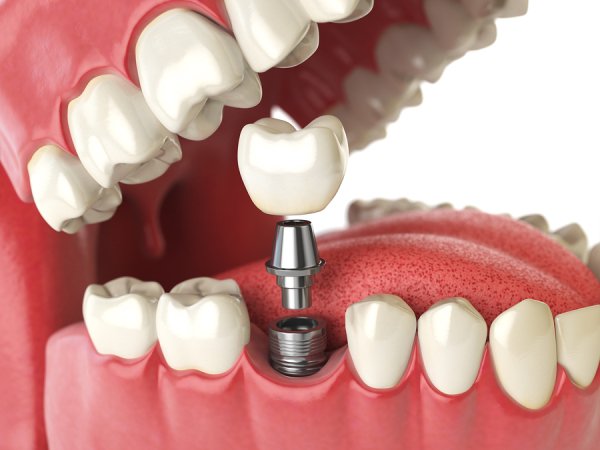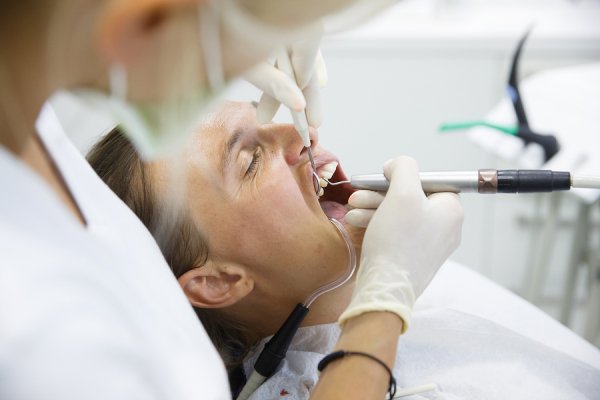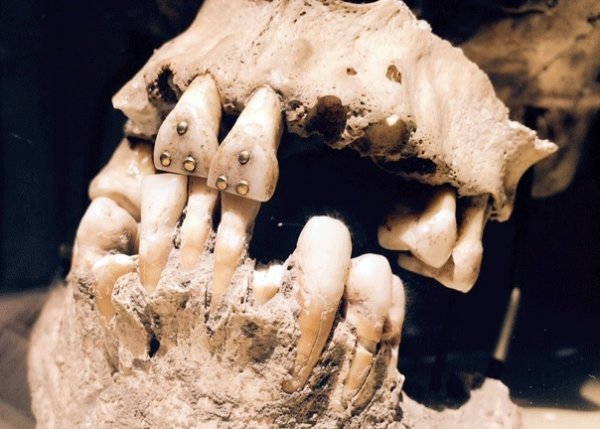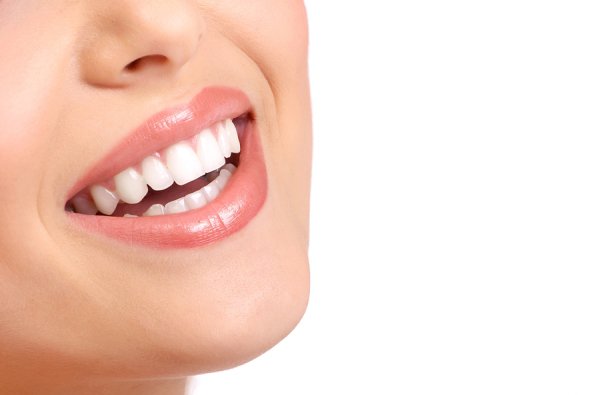
If you have been diagnosed with sleep apnea or you suspect that you have it, speak with your dentist right away. Though you might not immediately think of your dentist for sleep apnea care, he or she can treat your sleep apnea and give you as much information as you need. Continue reading to learn a few facts about sleep apnea before you visit your dentist.
It may look like depression or fatigue.
Often, sleep apnea is misdiagnosed or overlooked because the symptoms are very broad. During the night, your sleep will be disrupted by breathing problems, but you may not even know these problems have occurred. You will most likely experience symptoms during the day, like extreme fatigue, difficulty concentrating, and even signs of depression. In addition to these common symptoms, you may have a frequently dry mouth or sore throat. It is very important to tell your dentist all of your symptoms, no matter how insignificant they may seem.
It can affect your future health.
Though you may only be experiencing tiredness now, your sleep apnea may soon affect your overall health. With sleep apnea, you are likelier to experience fluctuations in weight, which can also affect your health. Due to the lack of oxygen that occurs with sleep apnea, you are at a higher risk of having high blood pressure, which can increase your chances of a heart attack or stroke. It is very important to your future health that you have sleep apnea diagnosed and treated as soon as possible.
It can be effectively treated.
There are a few different ways to treat your sleep apnea. To help your overall sleeping routine, be sure to exercise regularly and avoid alcohol and sedatives. In addition to this lifestyle change, make a dental consultation to learn about sleep apnea treatments like a Continuous Positive Airway Pressure, or CPAP, machine and oral appliances that are very effective.
Don’t let your sleep be disrupted and your future health suffer. Call University Associates in Dentistry for a dental consultation in Chicago to learn about sleep apnea treatments. Please call us at (312) 704-5511 to schedule your appointment.









